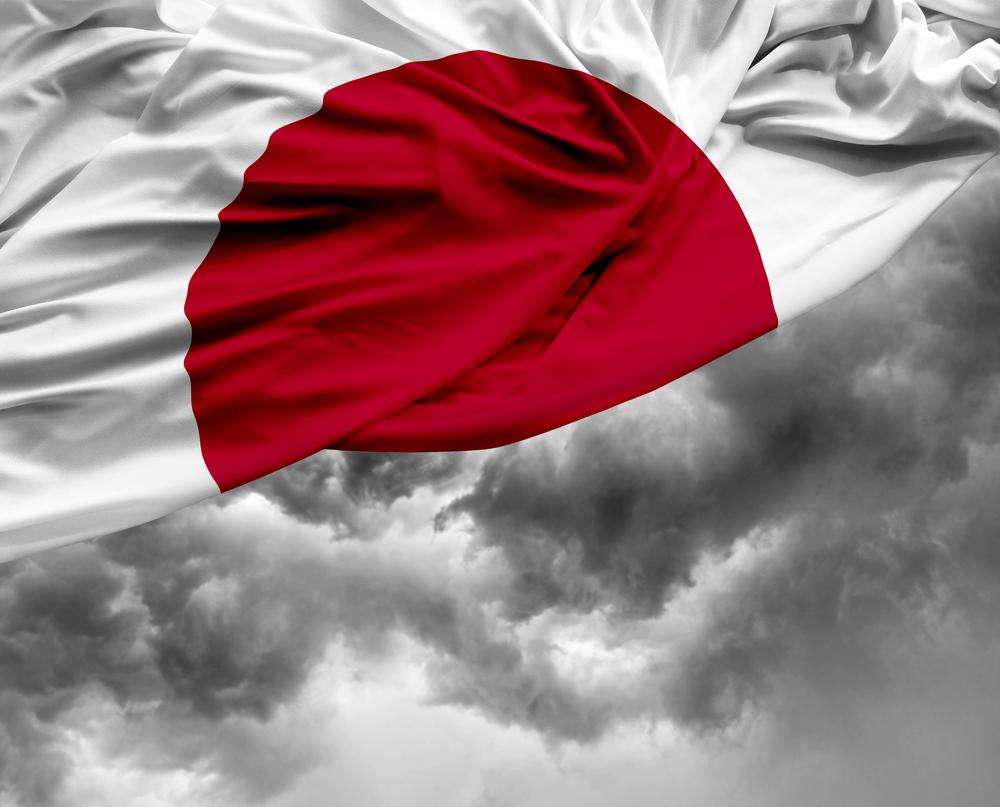- Japanese authorities on Monday ordered cryptocurrency exchanges not to process transactions subject to asset freeze sanctions against Russia and Belarus over the war in Ukraine.
- The move follows a Group of Seven (G7) statement on Friday that said Western countries “will impose costs on illegal Russian entities that use digital assets to increase and transfer their wealth.”
The Japanese authorities have obliged cryptocurrency exchanges not to process transactions subject to the sanctions on freezing assets of Russia and Belarus. It is reported by Reuters, citing a senior official of the local financial regulator.
It is reported that the Japanese government will step up its oversight of the cryptocurrency market to comply with sanctions. Each transaction involving sanctioned addresses will result in a fine of $8,487 or imprisonment for up to three years. Recall that as of March 2022 there are more than 30 cryptocurrency exchanges in Japan.
Japan backs G7 decision
According to officials, this is in line with the new G7 statement aimed at putting more pressure on the Russian government to stop the invasion of Ukraine. World powers are increasingly concerned that Russian entities and individuals may resort to cryptocurrencies to avoid the financial sanctions imposed in connection with the attack on Ukraine.
“We decided to make an announcement to keep the G7 momentum alive,” said a senior official at Japan’s Financial Services Agency. “The sooner the better.”
Recall, on February 24, Russian President Vladimir Putin announced the beginning of the Invasion of Ukraine.
As the politician assures, the purpose of the actions is “to protect people who have been subjected to abuse, genocide by the Kyiv regime for eight years.”
In response, Ukrainian President Volodymyr Zelensky announced the introduction of martial law throughout the country. He noted that Russia “carried out strikes on our military infrastructure, on our border guards.
Countries of the European Union, Great Britain, Canada, as well as the United States imposed personal sanctions against Putin, as well as other high-ranking officials, following the escalation of the conflict. Sanctions were also imposed on the Central Bank of Russia and major Russian banks.
Sanctions against Russia and how they will affect cryptocurrencies
Japan is not the only country trying to block the use of cryptocurrencies to circumvent sanctions. The U.S. Treasury Department’s Office of Foreign Assets Control (OFAC) has also stated this.
Last week, it issued guidance requiring U.S. residents and digital asset companies to comply with sanctions when facilitating cryptocurrency transactions.
It states that U.S. businesses and individuals must remain vigilant “to prevent attempts to circumvent OFAC regulations.” They must therefore take “risk-based measures to ensure that they are not engaging in prohibited transactions.”
The statement was made despite White House officials saying that they do not see Russia using cryptocurrencies to completely evade sanctions. The Financial Crimes Enforcement Network (FinCEN) previously required all cryptocurrency exchanges to report suspicious transactions. But OFAC leadership took it up a notch.
Several cryptocurrency exchanges are already complying with the sanctions, although they refuse to stop their activities in Russia. However, there are fears that if the conflict escalates, the world powers may eventually impose it on cryptocurrency exchanges.
Also read: EU says cryptos are included in its sanctions against Russia and Belarus
Subscribe to our daily newsletter!
No spam, no lies, only insights. You can unsubscribe at any time.




